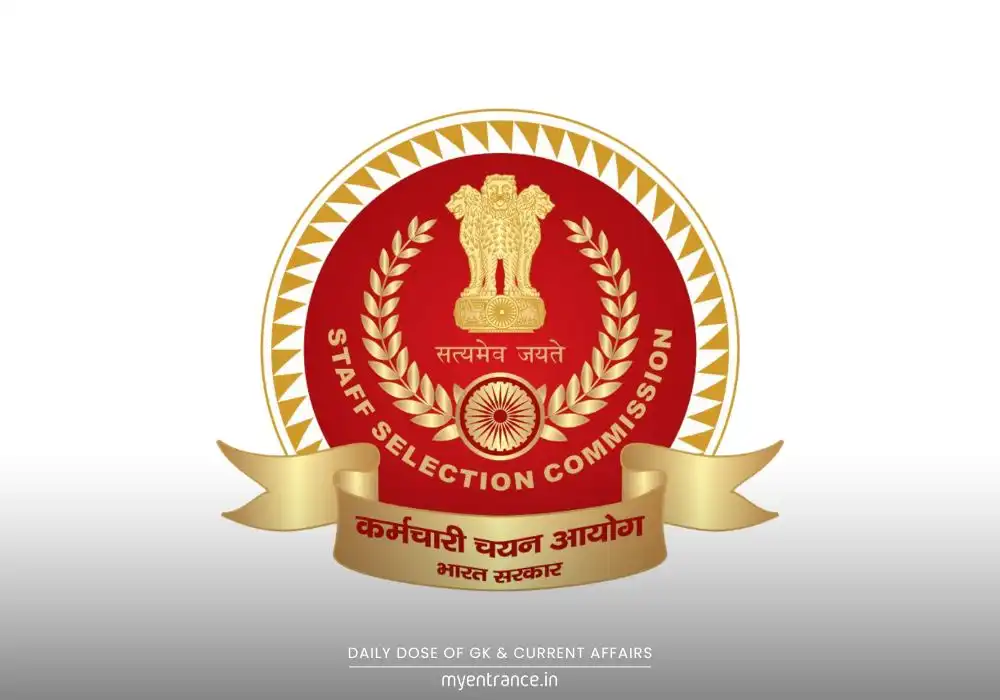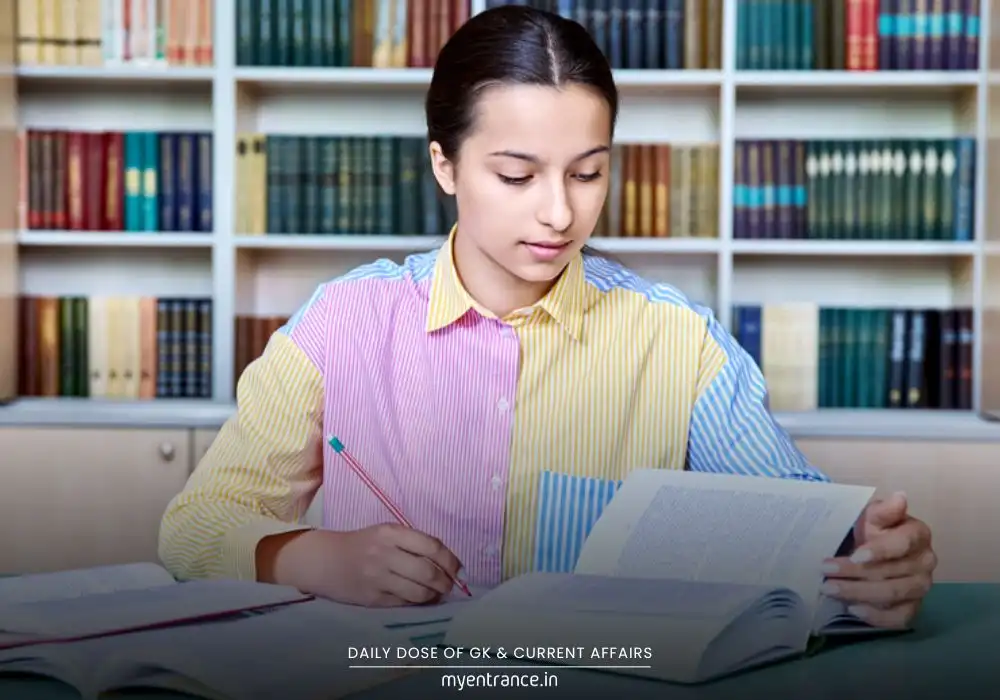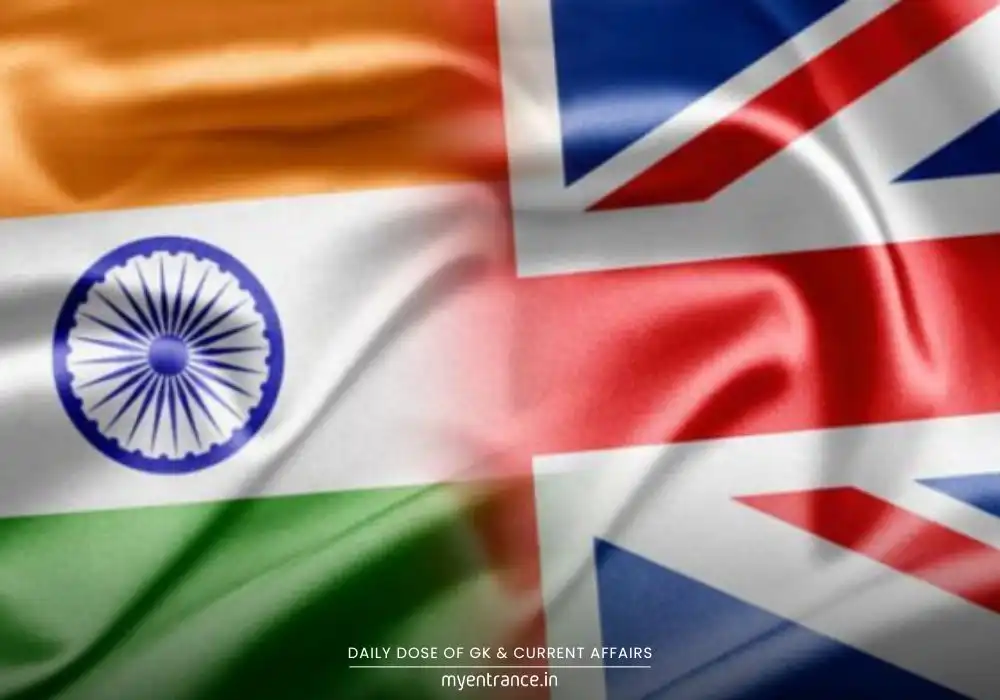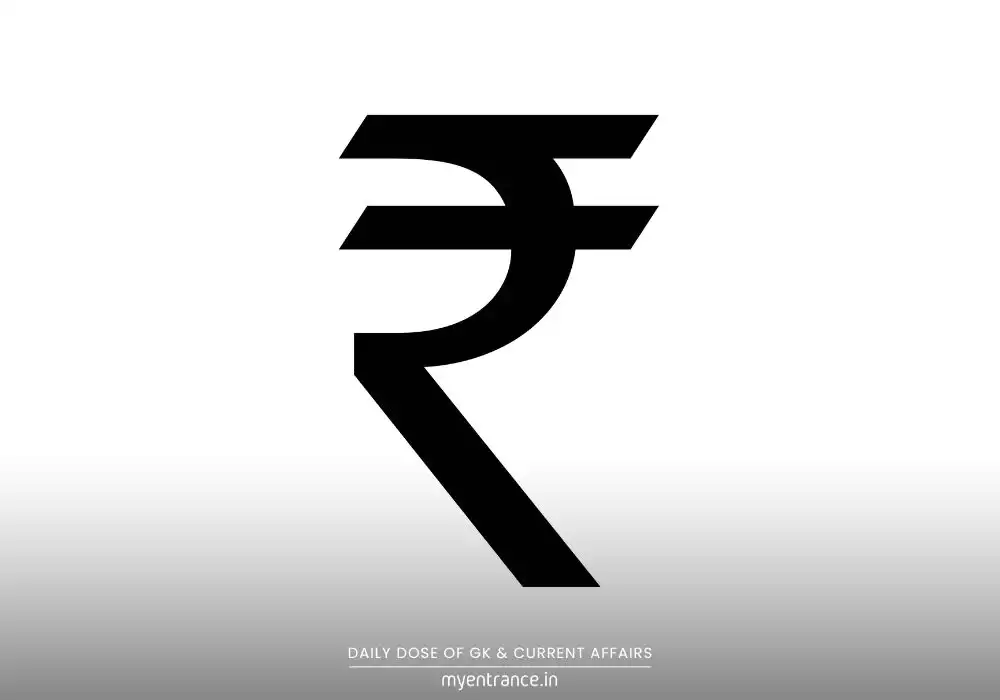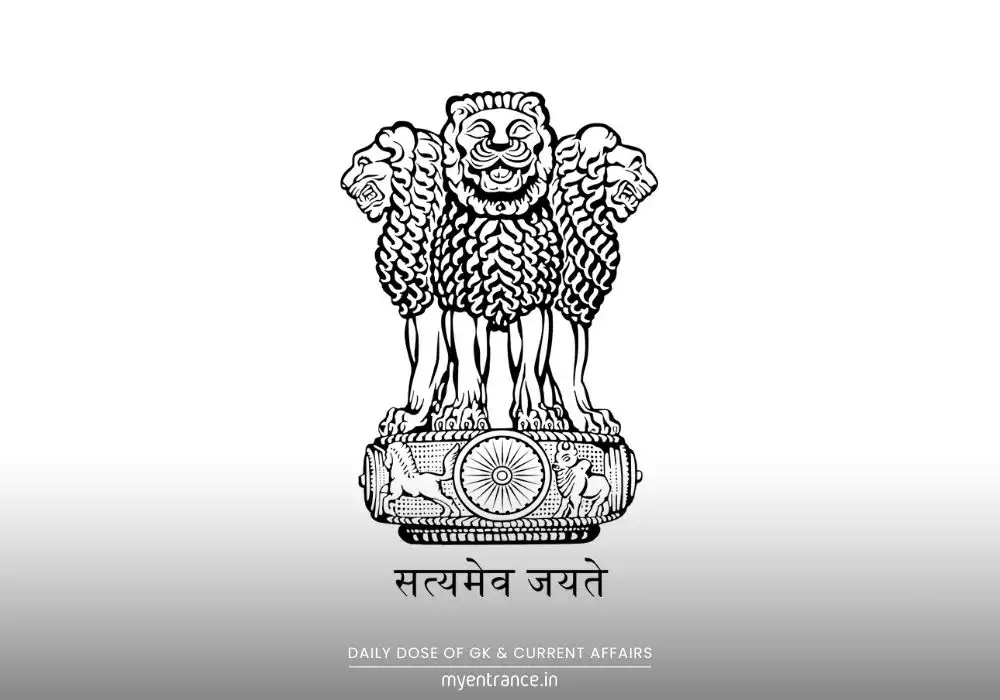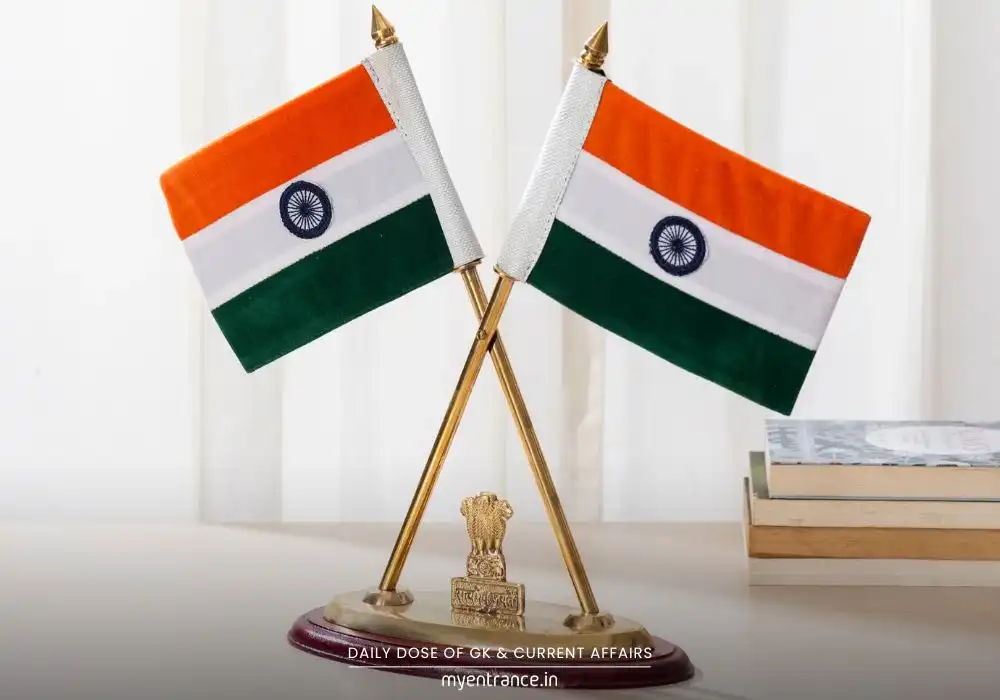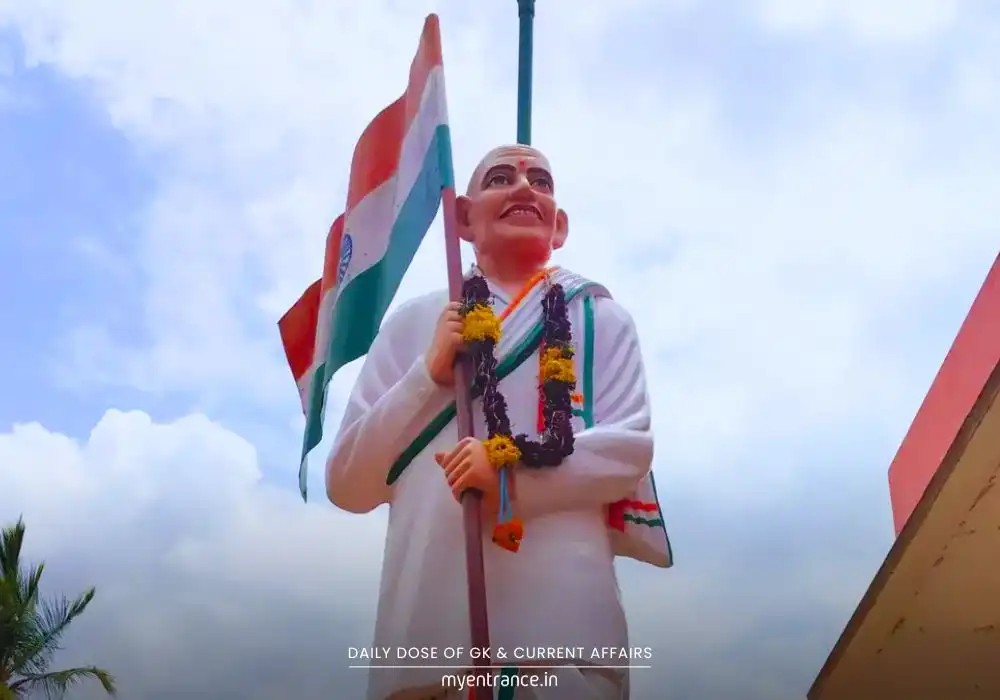Translate Language
National Flag Etiquette: Essential Do’s and Don’ts Every Indian Must Know
The Indian National Flag symbolizes our nation’s pride and must be treated with utmost respect. Understanding the official Flag Code ensures we honour the Tricolour correctly. This guide explains the legal do’s and don’ts for hoisting, displaying, and handling the flag in schools, institutions, and public spaces.
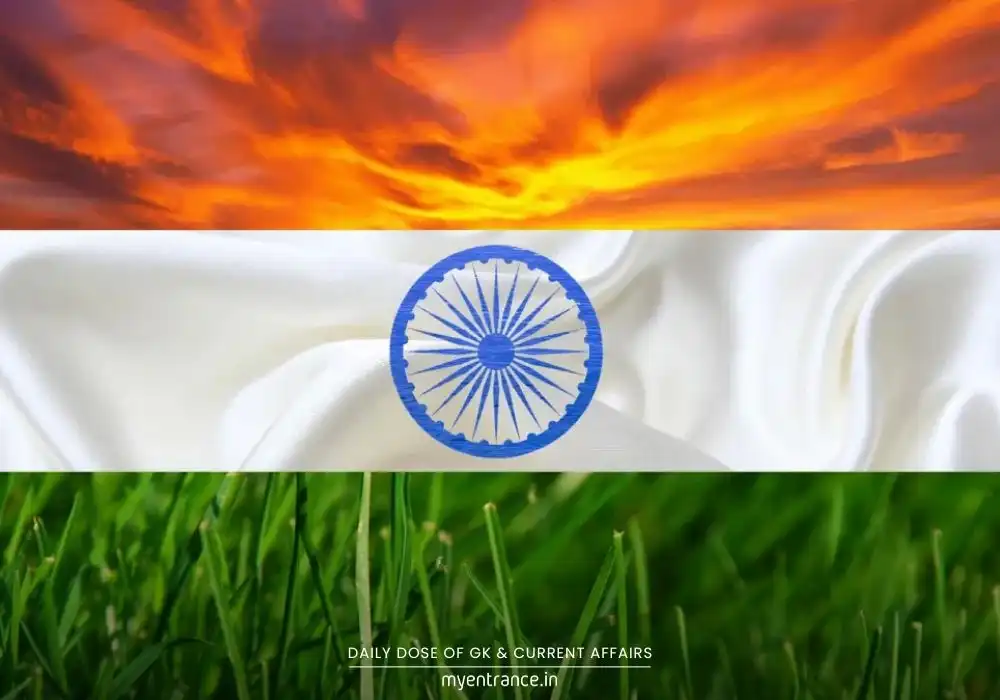
Respecting the Tricolour: The Correct Do’s and Don’ts
The Do’s of Handling the National Flag
Educational & Inspirational Use: Schools, colleges, and sports camps can hoist the flag to instill patriotism. The flag-hoisting ceremony often includes an oath of allegiance.
Freedom to Display: Private citizens, organizations, and educational institutions can fly the flag on any day, provided it’s done with dignity.
Legal Rights: Under Section 2 of the Flag Code, every Indian has the right to proudly display the flag at their home or premises.
The Don’ts Handling the National Flag– Avoid These Common Mistakes
Never Misuse the Flag: It should never be used for decorative drapery, clothing, or communal purposes.
Respect Its Sanctity: The flag must never touch the ground, water, or be draped over vehicles (cars, trains, boats, etc.).
Proper Timing: Ideally, hoist it from sunrise to sunset, regardless of weather conditions.
No Superior Flags: No other flag or emblem should be placed higher than the Tricolour.
Avoid Decorative Use: The flag cannot be turned into festoons, rosettes, or buntings. Placing flowers, garlands, or objects on it is also prohibited.
Questions & Answers (FAQs)
Q1. Can schools hoist the Indian National Flag daily?
Ans: Yes, educational institutions can hoist the flag daily to inspire respect, provided they follow the Flag Code guidelines.
Q2. Is it legal for a private citizen to fly the flag at home?
Ans: Absolutely! The Flag Code permits all citizens to display the flag at their premises with dignity.
Q3. What is the biggest mistake people make with the National Flag?
Ans: Using it as decoration (drapery, clothing, or festoons) is a major violation of the Flag Code.
Q4. Can the flag be flown at night?
Ans: Normally, no—it should be hoisted between sunrise and sunset unless under special conditions with proper illumination.
Q5. What happens if the flag touches the ground accidentally?
Ans: It’s considered disrespectful. The flag should always be handled carefully to avoid such incidents.
Honouring the Indian National Flag means following the rules that preserve its dignity. Whether you’re a student, teacher, or citizen, knowing these guidelines ensures you respect the Tricolour the right way. Share this knowledge to promote patriotism responsibly!
Get 3 Months Free Access for SSC, PSC, NIFT & NID
Boost your exam prep!
Use offer code WELCOME28 to get 3 months free subscription. Start preparing today!
